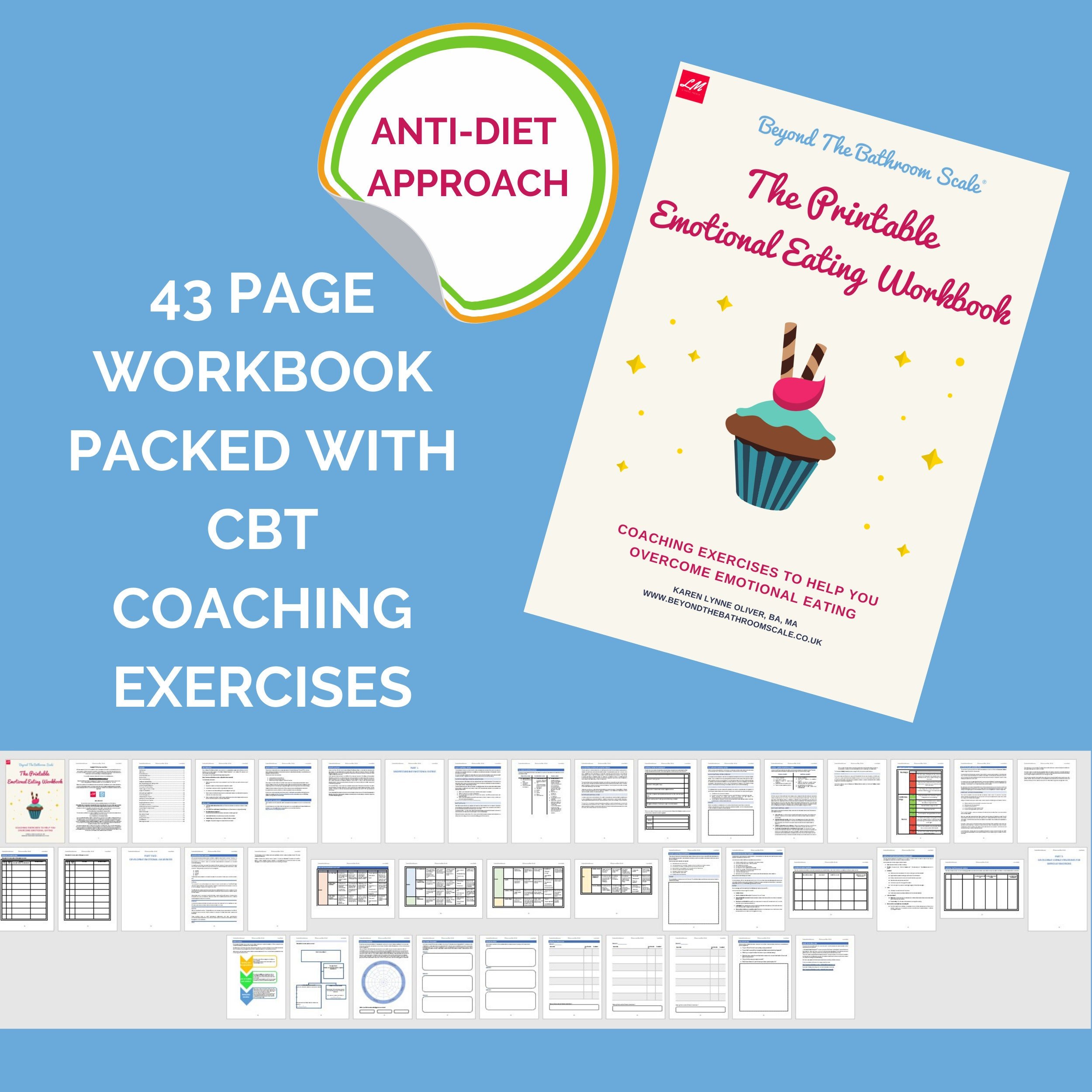Understanding and Managing Emotional Eating: Triggers, Strategies, and Support
Emotional eating is a common experience that many of us encounter, often without even realizing it. It’s that moment when you reach for a snack not because you’re physically hungry, but because you’re seeking comfort, distraction, or relief from an emotion. While it’s natural to turn to food for comfort now and then, relying on it as a primary coping mechanism can lead to an unhealthy relationship with food and emotions.
Understanding what triggers emotional eating and how to manage it is key to breaking the cycle and building a healthier relationship with both your body and your emotions. Let’s explore the core aspects of emotional eating and discover practical strategies to manage it effectively.
What Is Emotional Eating?
Emotional eating is the act of using food to cope with emotions rather than to satisfy physical hunger. It’s about eating to feel better, not because your body needs nourishment. This behaviour can be triggered by a range of emotions, such as stress, sadness, boredom, loneliness, or even happiness. While emotional eating might offer temporary relief, it often leads to feelings of guilt, shame, and discomfort afterward.
Common Triggers of Emotional Eating
Recognizing the triggers of emotional eating is the first step toward managing it. Common triggers include:
Stress: High levels of stress can increase cortisol, a hormone that makes you crave salty, sweet, and high-fat foods—essentially, comfort food.
Boredom: When you’re bored, eating can become a way to pass the time and distract yourself from a lack of stimulation.
Loneliness: Food can fill the emotional void when you’re feeling lonely or isolated, offering a temporary sense of companionship.
Emotional Discomfort: Feelings like sadness, anger, or anxiety can lead to emotional eating as a way to numb or soothe these difficult emotions.
Celebration: Even positive emotions, such as happiness, can trigger emotional eating, often in the context of celebrating with food.
Strategies for Managing Emotional Eating
While it’s important to acknowledge that emotional eating is a coping mechanism, the goal is to find healthier, more sustainable ways to manage emotions. Here are some strategies to help you manage emotional eating:
Identify Your Triggers: Keep a journal to track when and why you eat. Note the emotions you’re experiencing, the circumstances, and the foods you’re craving. This can help you identify patterns and triggers.
Practice Mindful Eating: Mindful eating involves paying full attention to the experience of eating. Focus on the taste, texture, and aroma of your food, and eat slowly. This practice can help you differentiate between emotional and physical hunger.
Find Alternative Coping Mechanisms: Instead of turning to food, find other ways to cope with your emotions. This could be going for a walk, talking to a friend, practicing deep breathing, or engaging in a creative activity.
Build Emotional Awareness: Learn to recognize and label your emotions accurately. By understanding your emotions, you can address the underlying issues rather than masking them with food.
Create a Self-Care Routine: Incorporate regular self-care practices into your routine to reduce stress and emotional discomfort. This could include exercise, meditation, or simply taking time each day to relax and unwind.
Seek Support: Sometimes, managing emotional eating on your own can be challenging. Don’t hesitate to seek support from a therapist, support group, or a structured program designed to address emotional eating.
Transform Your Relationship with Food and Emotions
If you’re struggling with emotional eating or simply want to understand it better, our Emotional Eating Course is here to guide you.
The Emotional Eating course, is designed to help you understand and overcome emotional eating with compassion and practical guidance. This video-based course, enriched with cognitive-behavioral therapy (CBT) workbooks, offers a comprehensive approach to addressing the complex relationship between emotions and eating.
In this course, you will:
Understand Emotional Eating: Dive into what emotional eating truly means and how it differs from Binge Eating Disorder. Learn to recognize and differentiate between emotional and physical hunger.
Recognize and Label Your Emotions: Gain insight into the purpose and symptoms of your emotions. Learn to accurately identify and understand your feelings to better address them.
Increase Emotional Awareness: Develop the ability to recognize a full spectrum of emotions in various situations, enhancing your emotional awareness and response.
Challenge Beliefs About Emotions: Understand and reshape your beliefs about emotions, helping you move past avoidance and embrace your feelings with less fear.
Identify Triggers and Reactions: Practice noticing your emotional triggers and actions, and learn how to respond differently to these situations in the future.
Create a Self-Care Plan: Develop a personalized self-care plan that emphasizes the importance of emotional health and well-being.
Develop Coping Strategies: Implement effective strategies to manage difficult emotions and replace emotional eating with healthier alternatives.
Conduct a Holistic Life Assessment: Evaluate different areas of your life to identify where you may be lacking satisfaction and pleasure, helping you find sources of joy beyond food.
Our course is thoughtfully designed to offer empathy, support, and practical solutions, empowering you to build a healthier relationship with food and your emotions. Whether you’re struggling with emotional eating or seeking to understand it better, this course provides the tools and insights you need for lasting change.
Join us and embark on a path toward a more fulfilling, balanced life, where you can address emotional eating with confidence and compassion.
Based on CBT, this course will help you uncover the causes behind emotional binge eating and the strategies for tackling it. Often, it's viewed as an eating problem when, in fact, it's a sign that self-care and mental well-being need to be prioritized. We'll work together to develop alternative coping mechanisms for strong emotions, drawing on the same strategies you would be taught in Cognitive Behavioural Therapy.



